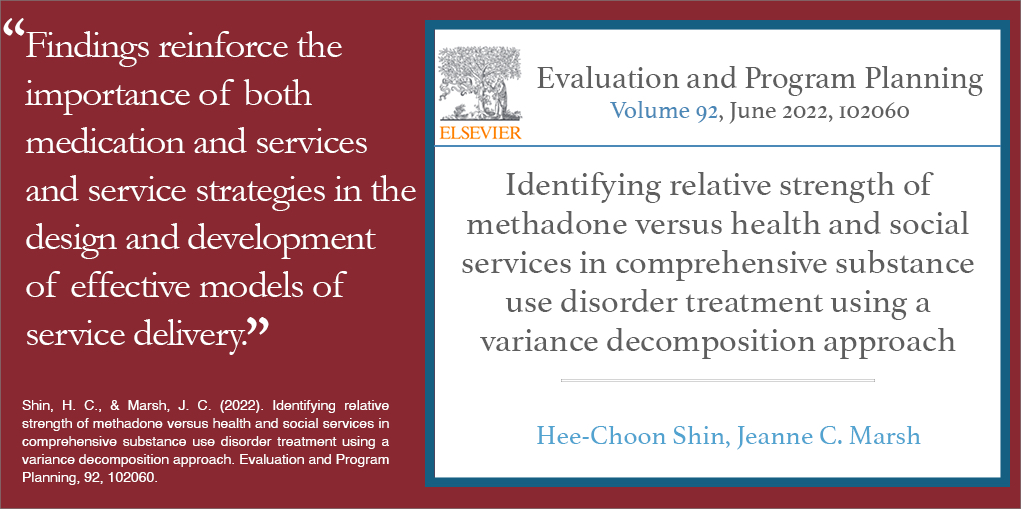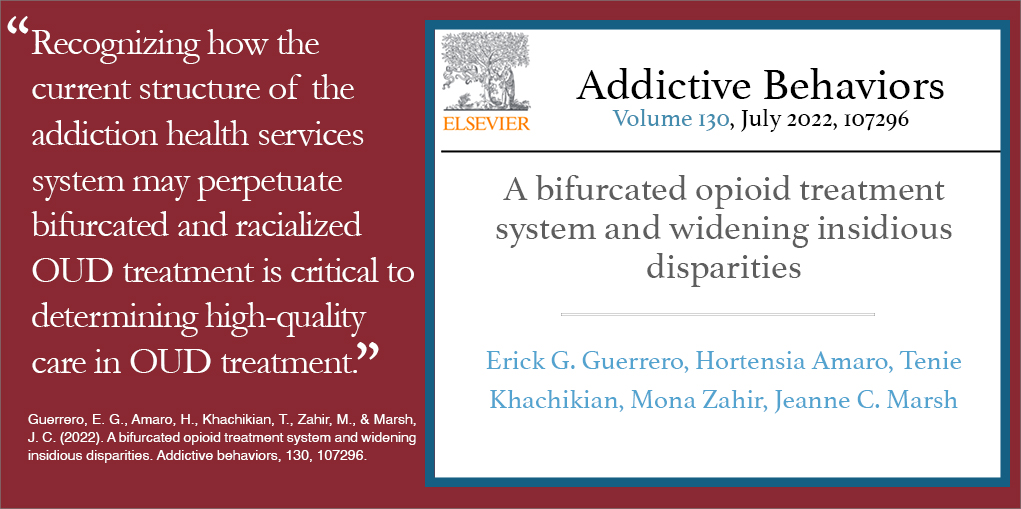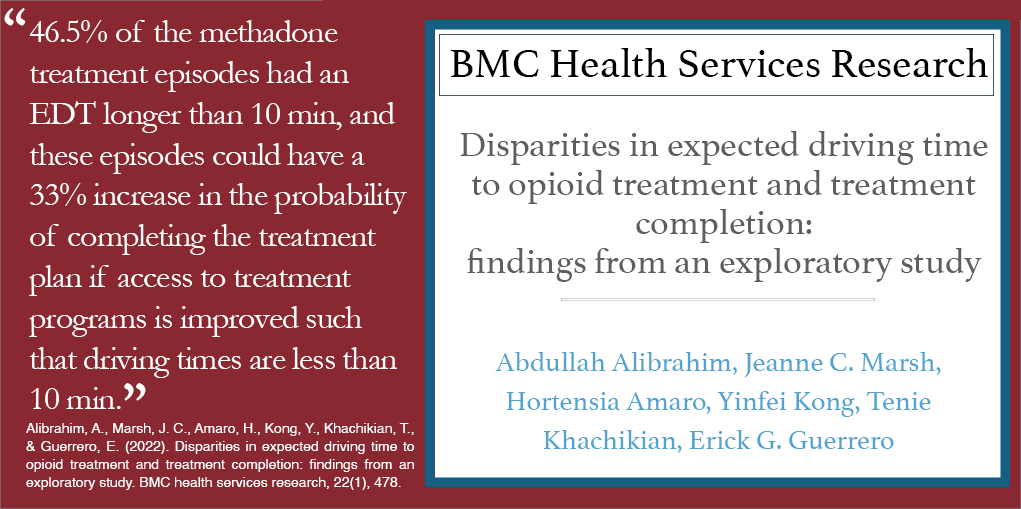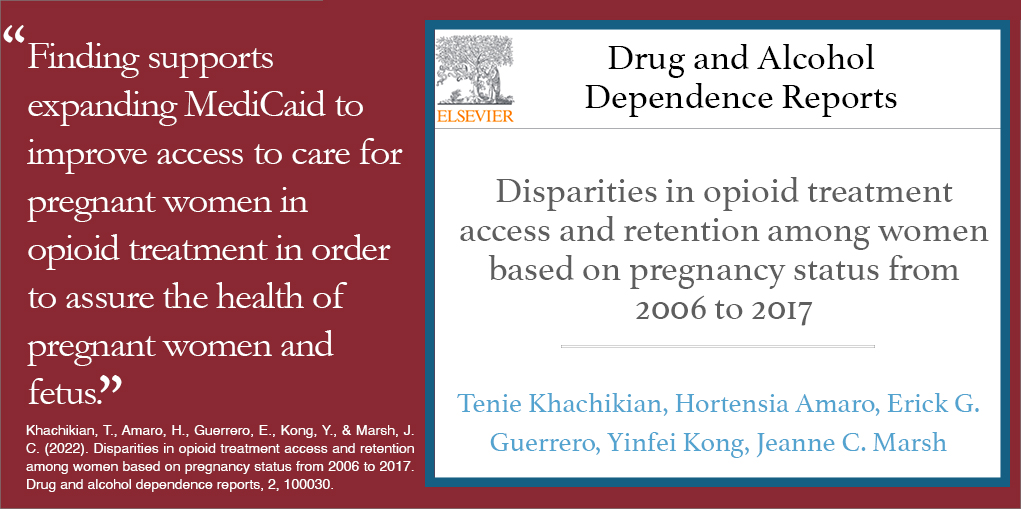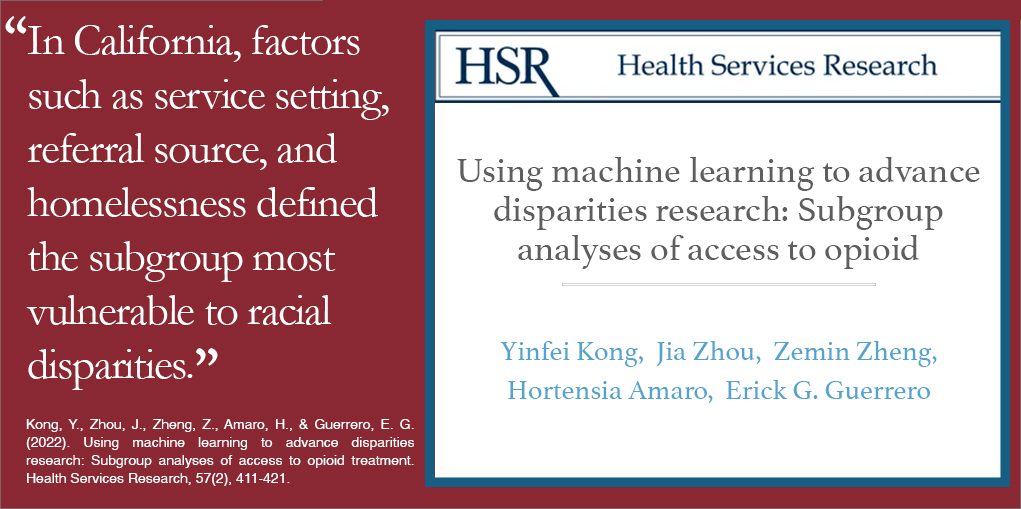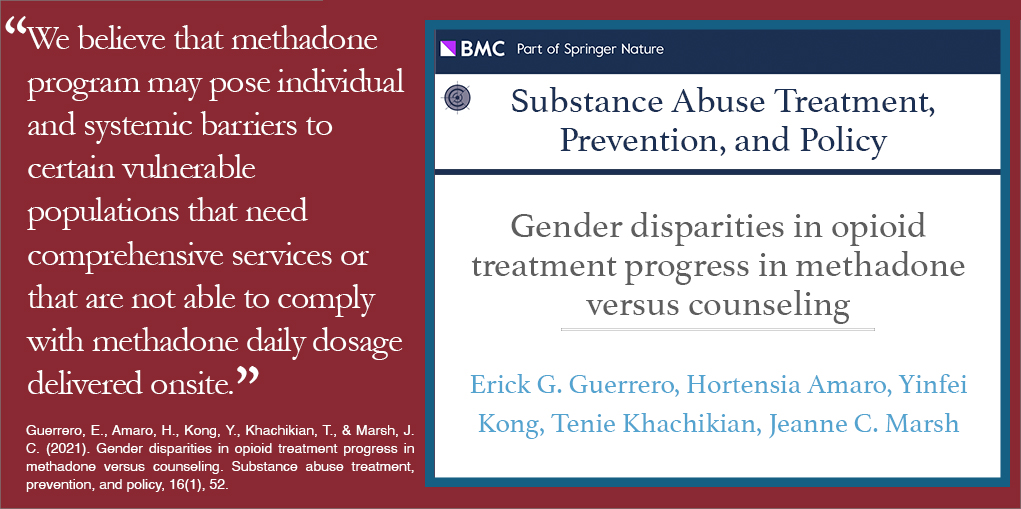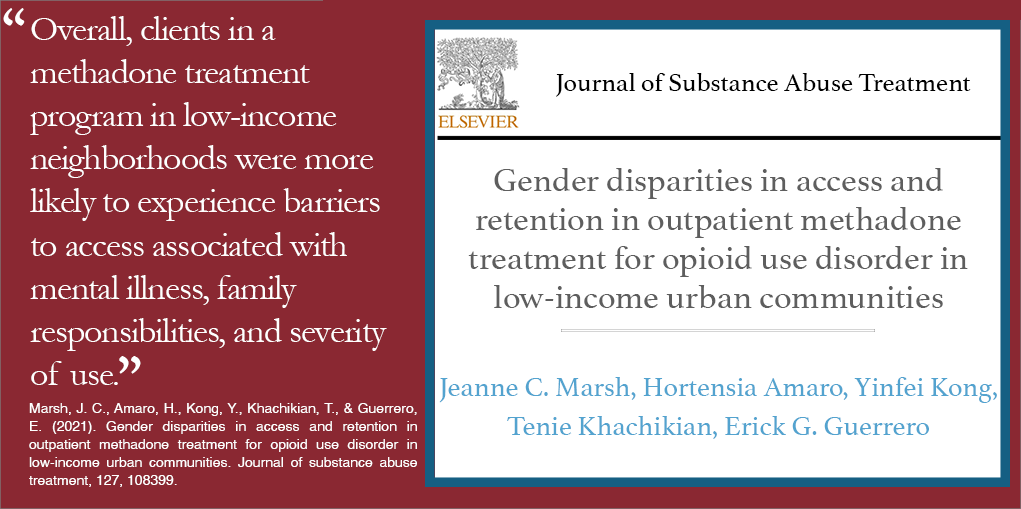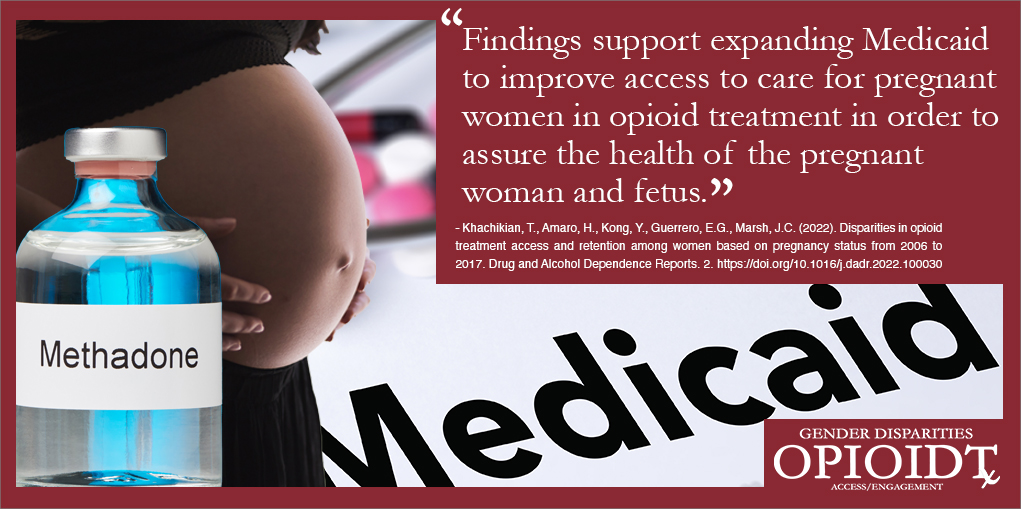Implementing Evidence-Based and Culturally Competent Practices to Reduce Disparities
Delivery of evidence-based and culturally responsive substance use disorder (SUD) treatment has been shown to improve treatment adherence among Latinos. Yet, these practices are not routinely delivered in SUD treatment settings. In a study published in Addictive Behaviors, Dr. Erick Guerrero and his research team examined whether Mexican-Americans, the largest Latino group in the United States, increase their odds of completing treatment compared to Whites when accessing programs with each of the following evidence-based or culturally competent practices:
- Contingency management treatment (CMT)
- Medication-assisted treatment (MAT)
- Culturally competent practices
The research team conducted an evaluation by combining two waves of responses to a survey and information about specific treatment episodes from addiction health providers that serve predominantly Latino and African-American residents of Los Angeles County. A total of 153 separate programs were analyzed between the two waves, in 2011 and 2013, and information was used from 15,412 client episodes the providers treated in these two separate years. To make sure the measures from the surveys were accurate, the research team also: 1) reviewed information reported by the providers to the funding organization (LA Department of Public Health); 2) interviewed counselors and clinical supervisors in 30 randomly selected programs; and 3) reviewed printed material available at each provider site.
To measure an organization’s implementation of CMT and/or MAT, the providers were asked how often, from never to always, each of these two practices were used in programming. Additionally, cultural competence was measured with six sets of questions that are an accurate representation of cultural competence within an organization. A successful treatment outcome, measured from the episode-specific data, was defined as the clinician reporting at discharge (1) no days of drug use for 30 days prior, (2) client sobriety, and (3) successfully meeting treatment goals.
The research team estimated the reduction in disparities associated to Mexican-Americans in a program with high implementation of each of the practices, compared to non-Latino Whites in the same program. The team accounted for characteristics of the client and the program associated to each treatment episode.
The findings were:
- Implementation of CMT and MAT decreased between 2011 and 2013
- Mexican-Americans were less likely to complete a SUD treatment episode
- Mexican-Americans accessing programs with high implementation of MAT have higher odds of successfully completing SUD treatment compared to non-Latino Whites and programs with low implementation of MAT
Overall, the study finds that implementation of MAT in SUD treatment programs led to a reduction in disparities in treatment outcomes between Latinos and Whites. No conclusions could be made regarding CMT and culturally competent practices.
To view the study in its entirety, please click here.
Source: “Does the implementation of evidence-based and culturally competent practices reduce disparities in addiction treatment outcomes?”, Addictive Behaviors




